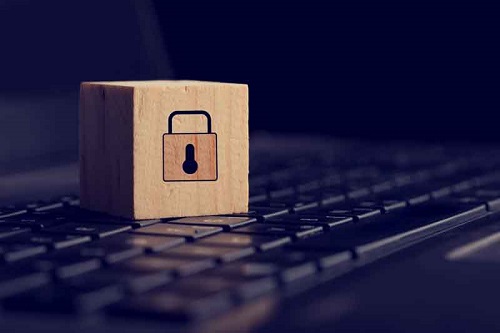Internet privacy is an area of great concern today. It is an area gaining much attention today because data has become a viable commodity these days.
Individual calling themselves “data brokers” exist online and are always accessing your information online which they then sell to other companies.
In order to keep your online activities private, the following ways should be adopted:
1. Use a VPN
The easiest way to surf anonymously is by using a VPN. The VPN hides your original IP address and replaces it with one of its shared IPs.
This secures all your traffic from end to end with high-level encryption.
Read: VPN services 2018: The ultimate guide to protecting your data on the internet
: How to minimize data consumption while using VPNs
2. Use TOR browser
Tor Browser is a tool that can hide your web browsing, publishing, instant messaging and other applications that use the TCP protocol.
This means that confidential information can be kept from unwanted individuals. ISPs, keyloggers and other types of malware are not able to track your activities easily.
The browser works by bouncing traffic around a distributed network of servers which it calls “onion routers”.
The interface allows you to toggle it on and off based upon when you need anonymity online.
Tor Browser for Windows also lets you choose from various proxy tunnels based on a world map that displays exactly where each one is located.
[ot-video][/ot-video]
3. Make your web searches private
Search engines like Google and Bing always keep track of what you type in your web searches in order to serve you well with relevant advertisements you desire.
As such, you are always better off opting for privacy-focused search engines like DuckDuckGo.
It offers useful features like Safe Search (removes explicit materials from search results) and Instant Answers (helps you find what you’re looking for instantly) among others.
Also, it doesn’t save your searches and neither is your IP address or other personal information logged.
4. Block JavaScript
Though JavaScript is used to add extra functionality to web pages, it can reveal a lot of fingerprinting information such as your screen size, installed plugins, available fonts, etc.
This makes it easier to track your online behavior, so you should disable JavaScript in your web browser.
Websites that require JavaScript to function properly can be allowed through visiting your browser settings and allowing them.
A Chrome user can also simplify this whole process by using browser extension applications like ScriptSafe.
Must read: Tough rules await Ugandan telcos as cabinet approves Broadband Policy
5. Get an Encrypted Email Service
In order to guarantee the safety of your emails, an encrypted email service like ProtonMail can be used. The usual email service providers such as Gmail and Outlook do not offer encryption and can be accessed by anyone online.
With encrypted email services, your emails are protected with an end to end encryption and your IP logs are protected as well.
Furthermore, you aren’t required to provide any personal information when creating your anonymous email account.
6. Avoid Unsafe sites (use HTTPS sites)
HTTPS indicates that you are connected to an encrypted site that cannot be intercepted.
Always avoid surfing sites without the HTTPS in their URLs. These are unsafe and any sensitive information such as banking credentials should never be entered.
Most browsers such as Chrome have been updated to add a feature that notifies you should you be accessing a site that is unsafe.
However, a user can simply notice the site by looking at the URL in the address bar. If it doesn’t start with “https: …” it is unsafe.
7. Use privacy plug-ins
While it is important for advertisers online to collect data in order to personalize your shopping experiences and target you better with ads, these advertisers can see your privacy too.
Browsers like Chrome and Internet Explorer 10 now offer a “do-not-track” feature in browser settings, but that alone might not be sufficient.
A privacy plug-in such as “Ghostery” available for Chrome, Opera, Firefox and other browsers can be added to increase your privacy. It shows you the number of trackers detected and gives you an option to block them.
[ot-video][/ot-video]
8. Clear browsing history and delete Cookies
Each time you surf the web, all your online browsing history gets stored.
This includes the files you downloaded using a particular browser and cookies used by sites to track your browsing sessions.
In order to keep all this hidden, you should always clear your browsing history and delete those cookies.
You can use programs like CCleaner which deletes cookies and your browser history by default to keep your identity anonymous.
Alternatively, you could also set your browser to automatically delete cookies and browsing history at the exit.
Read more from SautiTech:
Why Apple doesn’t promote itself on social media
Uganda sends highest number of startups in Hague Institute innovation challenge

